Re: 2-Bladed P-3 Prop?
Well I could always be wrong. But I still think that it said in an interview on this website that the Wildfire crew put a 3 blade prop because it was more efficient.
Well I could always be wrong. But I still think that it said in an interview on this website that the Wildfire crew put a 3 blade prop because it was more efficient.









Comment